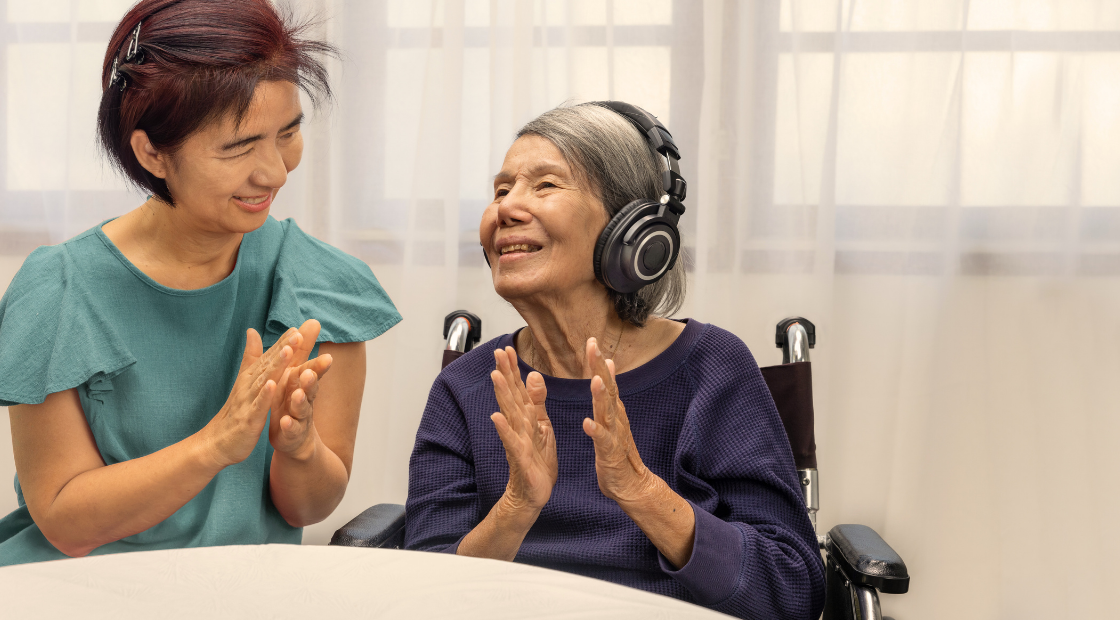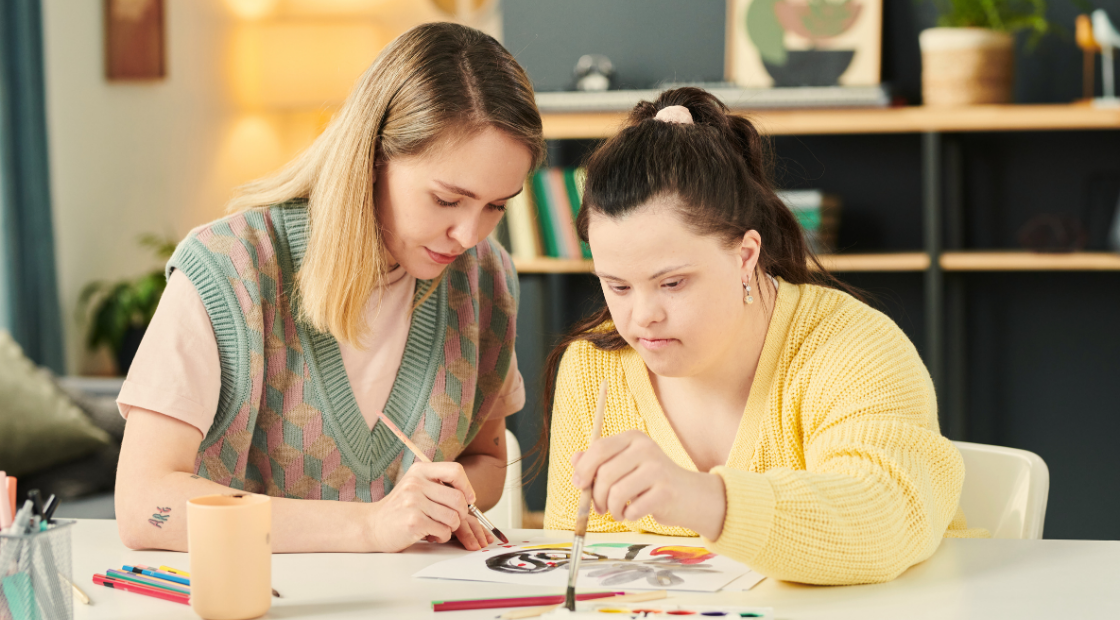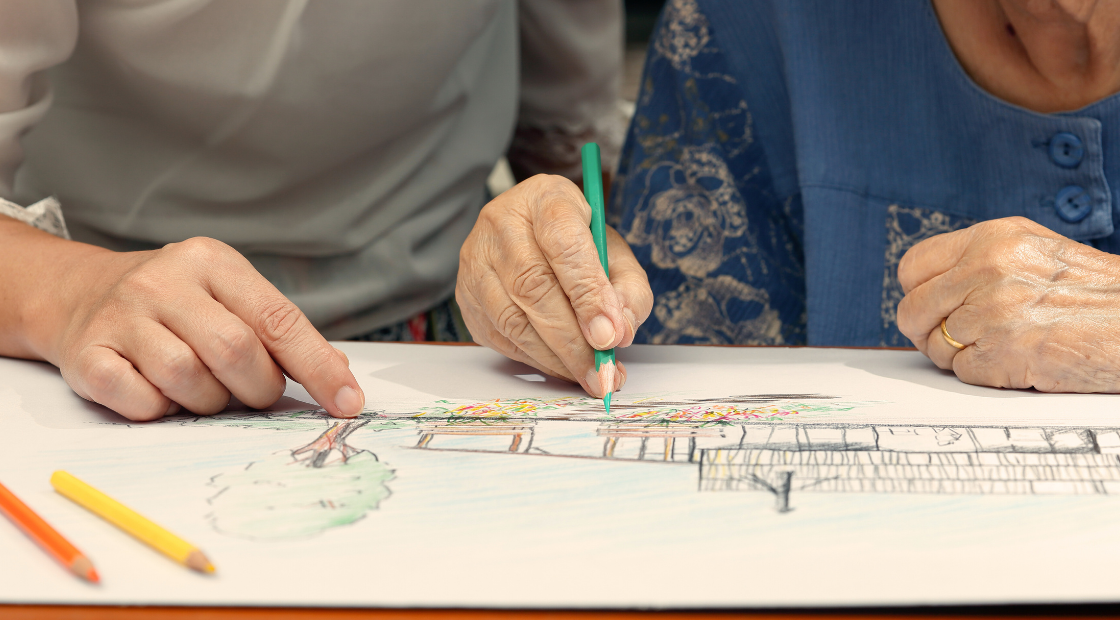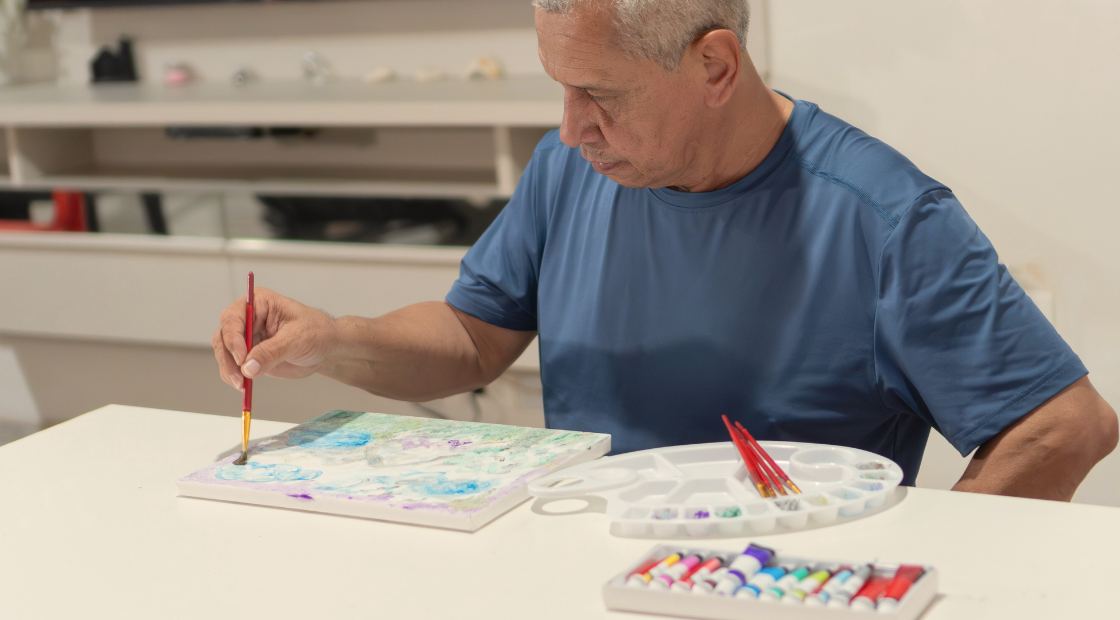Understanding the Recent Art and Music Therapy NDIS Changes

The art and music therapy NDIS changes have sparked widespread discussion among NDIS participants, providers, and therapists across Australia. These changes are part of ongoing reforms following the independent review of the National Disability Insurance Scheme (NDIS), led by health economist Stephen Duckett.
The Duckett review was commissioned by the federal government to improve the pricing, quality, and effectiveness of therapy supports under the NDIS. The new guidance introduces a clearer distinction between therapeutic support and non-therapeutic support, which affects how art and music therapy are funded.
The Role of Art and Music Therapy in the NDIS
Art and music therapy have long been recognised as life changing supports for people with disability. Art and music therapies are evidence-based supports recognised within the NDIS, with recent reviews and policy decisions highlighting their importance for individuals with disabilities.
They help participants express emotions, build social skills, improve functional outcomes, and encourage community participation. These therapies are effective for people with various disabilities, significantly improving quality of life and functional outcomes.
Under the National Disability Insurance Scheme, both art therapy and music therapy are considered therapeutic supports when delivered by qualified therapists who are part of a recognised professional association such as the Australian Music Therapy Association (AMTA).
These supports are more than creative outlets. They are evidence-based interventions, including music therapies, that can provide beneficial outcomes for emotional health, communication, and confidence. Both AMTA and the Australian, New Zealand and Asian Creative Arts Therapies Association (ANZACATA) continue to advocate for music and art therapists to remain recognised within the NDIS funding framework. These therapies are supported by NDIS funding and policy, ensuring access for people with disabilities.
What Triggered the NDIS Review
The National Disability Insurance Agency (NDIA) initiated a broad review of therapy supports to assess whether funds were being used effectively and whether outcomes were measurable and life changing.
Dr Stephen Duckett and the NDIS Evidence Advisory Committee evaluated available evidence on the effectiveness of art and music therapy, comparing it with established supports such as occupational therapy and psychology. The review highlighted the strong evidence base for art and music therapy, emphasizing the importance of research in validating these therapies.
The review found that music and art therapy can be highly beneficial and even effective and even life-changing for some people with disabilities when used in the right circumstances, but recommended stronger evidence to support funding. It also examined price limits, hourly rate structures, and funding consistency across different types of therapy.
Key Changes Under the New Guidelines
The NDIS pricing arrangements now outline a clearer distinction between therapeutic supports and non-therapeutic supports. An updated operational guideline has been released to clarify the implementation of these changes.
It is important to note that art and music therapy are not yet nationally regulated professions, but practitioners are still required to meet current qualification standards and clinical training requirements.
Key changes include:
- Art and music therapy will continue to receive funding when delivered by qualified therapists who are members of a recognised professional association such as the Australian Music Therapy Association.
- The current hourly price limit for art and music therapy aligns with the broader therapy supports category.
- A new price limit and maximum hourly rate have been introduced in consultation with providers and health economists.
- The NDIS Evidence Advisory Committee highlighted that art or music therapy must demonstrate evidence-based and beneficial outcomes for participants.
The NDIS Pricing Arrangements and Price Limits 2025 also clarify how cost, time, and professional qualifications are factored into capacity building therapy rates.
The Concerns from the Art and Music Therapy Sector

These changes have raised deep concern among music and art therapists across Australia. President Monica Zidar of the Australian Music Therapy Association expressed concern that the reforms could unintentionally limit access to music therapy funding.
Therapists argue that available evidence already shows strong beneficial outcomes for people with disability who engage in art and music therapy. Many fear that categorising their fields as “developing professions” could undermine the effective and life changing nature of their work.
New Price Limits and Hourly Rates
The NDIS Pricing Arrangeme
nts introduced a new price limit for therapy supports, which includes art and music therapy. The current hourly price limit aligns with the maximum hourly rate for other therapeutic supports, typically between $193.99 and $216.43 per hour, depending on location and therapist qualifications.
While some providers welcome the consistency, others argue that it may not reflect the higher rate of skill, preparation, and planning required by music and art therapists.
Distinguishing Therapeutic and Non-Therapeutic Supports
The new guidance now makes it easier to differentiate between therapeutic support (funded as part of therapy supports) and non-therapeutic support (covered under community participation).
For instance:
- A structured art therapy session with a qualified therapist that focuses on measurable functional outcomes is considered a therapeutic support.
- A group music activity that focuses on social interaction but lacks a clinical framework may be classed as non-therapeutic support.
This ensures that NDIS funding goes toward supports that are evidence-based and provide beneficial outcomes for participants.
Reference: NDIS Operational Guidelines – Therapeutic Supports; see also this comprehensive guide to the NDIS Core Supports Budget.
Evidence and Research in Support of Art and Music Therapy
There is strong and growing research supporting art and music therapy for people with disability. The Australian Music Therapy Association highlights studies showing that music activities enhance communication, social connection, and emotional wellbeing.
Similarly, the Australian, New Zealand and Asian Creative Arts Therapies Association (ANZACATA) has documented evidence showing that art therapy improves cognitive function and emotional regulation. When delivered by qualified therapists with relevant qualifications, these therapies can lead to meaningful improvements in confidence, independence, and quality of life.
The Federal Government’s Position
Senator Jenny McAllister, Assistant Minister for the NDIS, has stated that the federal government supports a balanced approach to art and music therapy funding. She affirmed that these therapies should continue for NDIS participants where there is strong evidence of beneficial outcomes and alignment with capacity building objectives.
Dr Duckett also commented that the National Disability Insurance Agency must continue to review pricing and operational guidelines to ensure therapies remain effective, sustainable, and available to those who need them most.
Read the NDIS Review Final Report for more details.
Why These Therapies Still Matter
Despite the adjustments, art and music therapy remain essential supports within the national disability insurance framework. They help participants improve communication, build confidence, and engage in community participation.
These therapies are life changing for many participants, offering creative pathways to growth and healing. When delivered by a registered provider or qualified therapist, they can empower people to reach goals and live more fulfilling lives.
Learn more about Art Therapy and the NDIS and Music Therapy Access under NDIS.
Looking Ahead: The Future of Art and Music Therapy in the NDIS
As the national disability insurance scheme continues to evolve, art and music therapy will remain integral to supporting Australians with disability. The new guidance aims to ensure funding is evidence-based, transparent, and focused on measurable beneficial outcomes.
Both art therapists and music therapists are optimistic that ongoing collaboration among practitioners, researchers, and the NDIS Evidence Advisory Committee will keep these therapies accessible under NDIS funding.
The future of art and music therapy depends on strong advocacy, ongoing research, and alignment between therapists and the federal government to ensure these life changing supports continue to be available to those who need them most.
Stay informed through the NDIS Provider News and Announcements.
How Re.Connect Support Services Can Help
At Re.Connect Support Services, we understand how challenging it can be for NDIS participants to navigate these changes and make sense of funding adjustments. Our friendly and knowledgeable team helps individuals and families understand NDIS operational guidelines, plan reviews, and therapy supports—including access to art and music therapy where appropriate.
We believe that every person deserves the opportunity to access supports that are not only evidence-based but also life changing. Through tailored assistance and community-focused care, Re.Connect helps participants find the right qualified therapists, connect with trusted providers, and build capacity for independence and wellbeing.
Visit Re.Connect Support Services to learn more about how we can guide you through the latest NDIS developments and connect you with the right supports to achieve your goals.
In Summary
The art and music therapy NDIS changes reflect a continued effort to improve clarity, quality, and accessibility within the NDIS. While reforms may bring some uncertainty, art and music therapy continue to offer hope, healing, and beneficial outcomes for Australians with disability. With the right support from professionals and organisations like Re.Connect Support Services, participants can continue to access creative therapies that make a meaningful difference in their lives.










